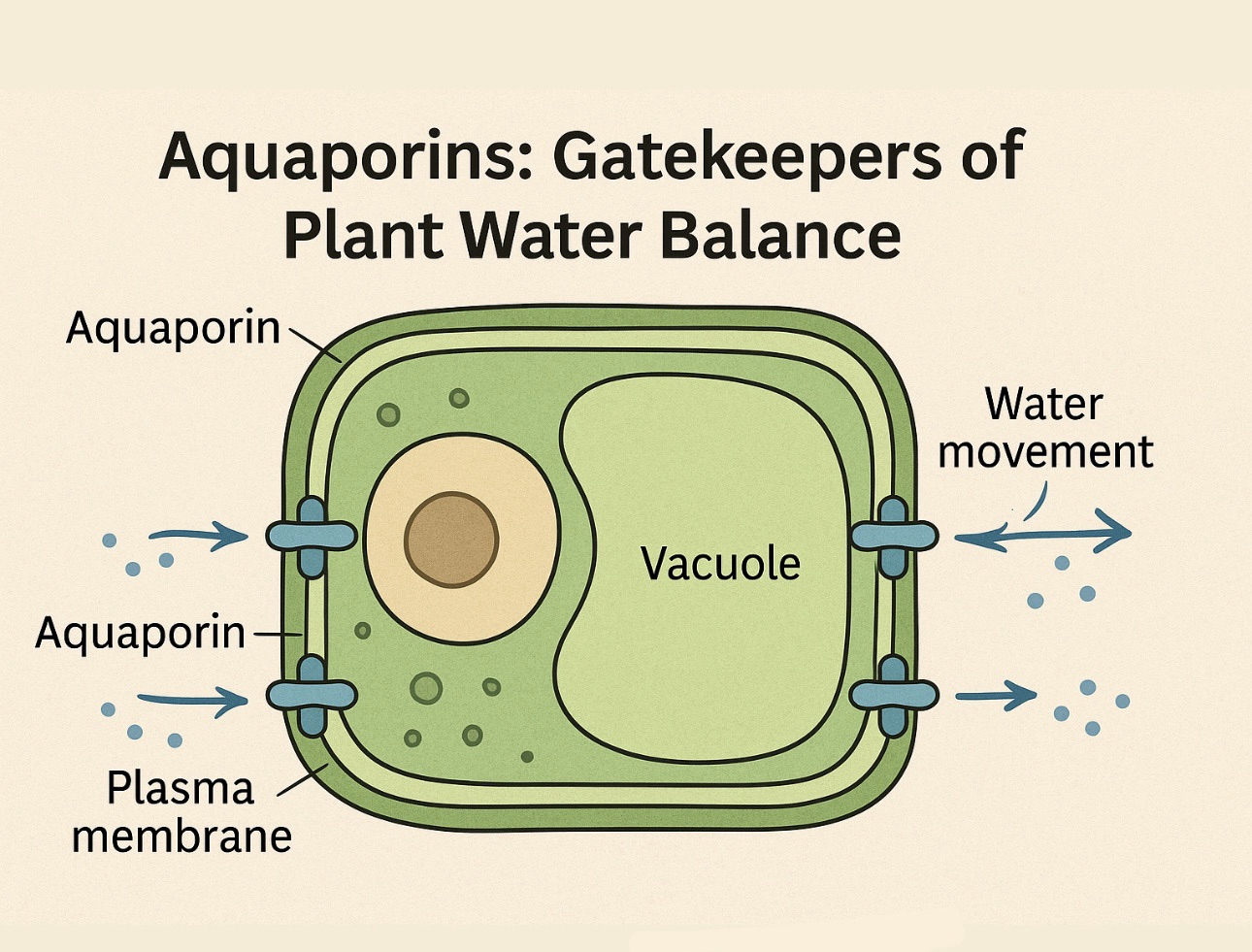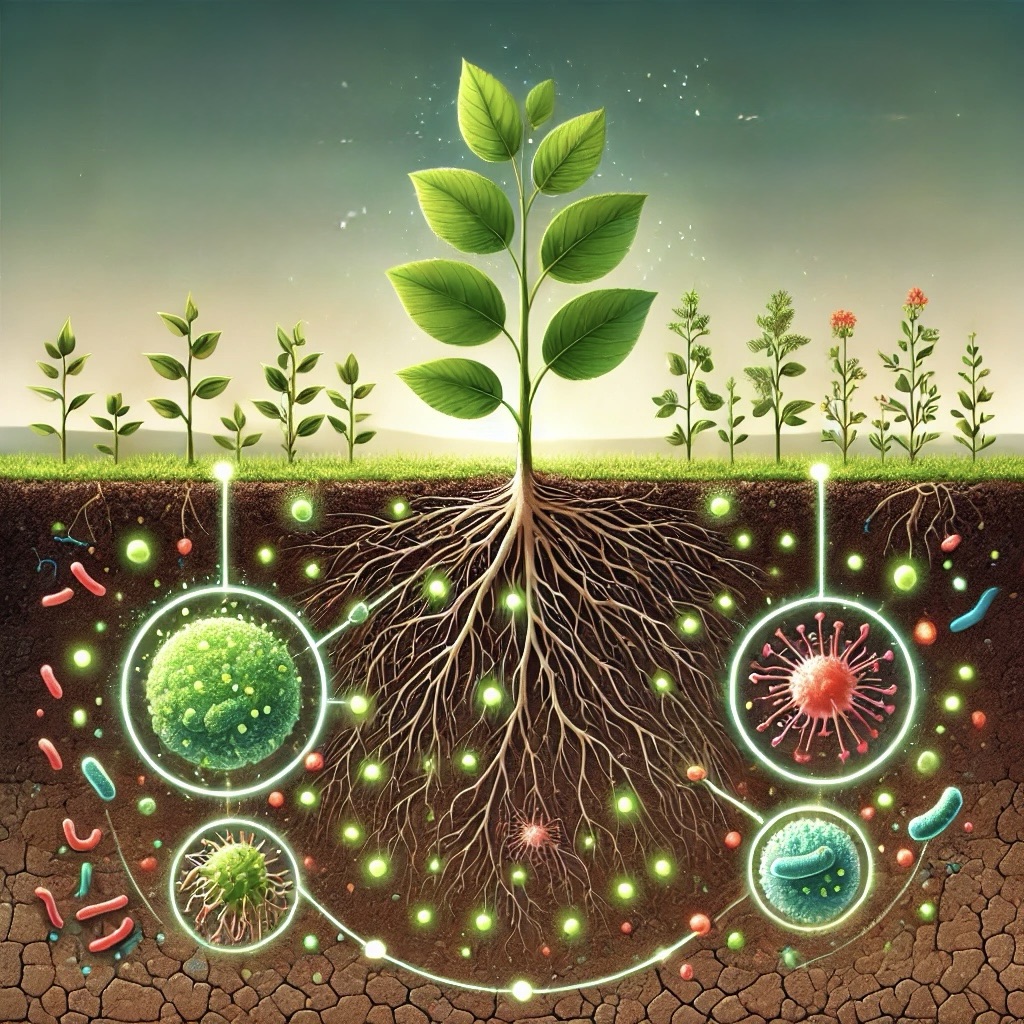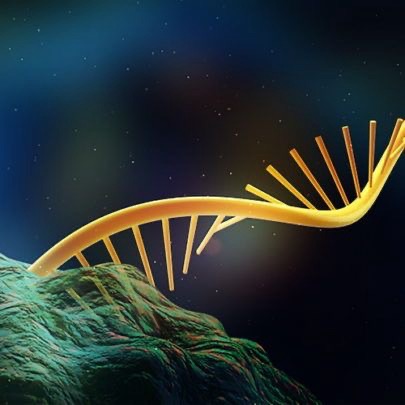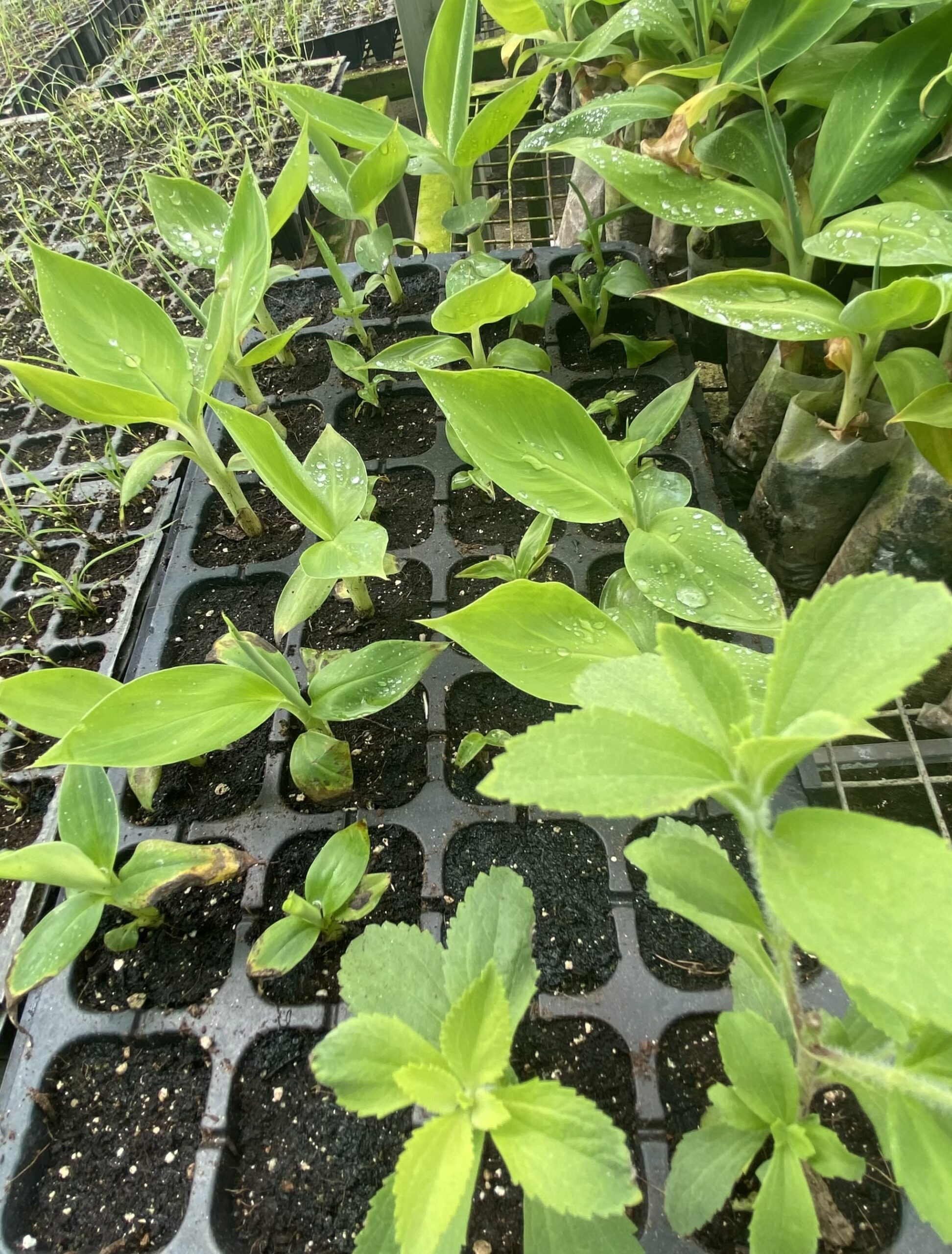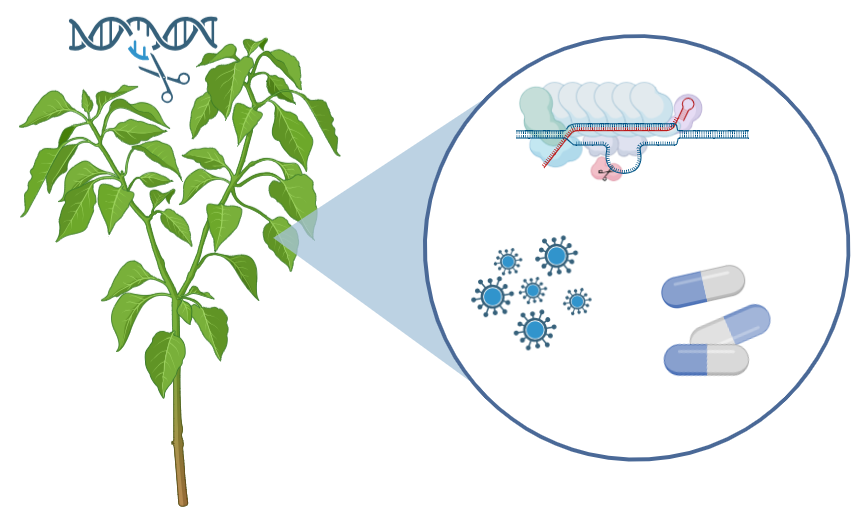7 min read
0
Aquaporins: Gatekeepers of Plant Water Balance
Water is indispensable for plant life, serving not only as a solvent and reactant but also as a structural component that maintains turgor pressure and facilitates nutrient transport. The journey of water from soil to atmosphere through plants—termed the soil–plant–atmosphere…






